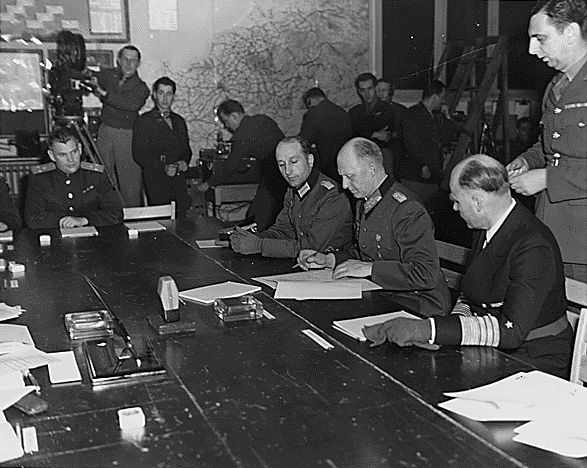Gelette Burgess is best remembered for his ditty about the purple cow, but he also composed a splendid tribute to the cable car. His turn-of-the-century “San Francisco Rhapsody” not only has a fine swing to it, it is accurate too. George W. Hilton, in his definitive book The Cable Car in America , writes of the Hyde Street extension: “The new mileage was a useful addition to the city’s cable network, but it suffered the obvious disadvantages of running at a right angle to the dominant pattern of cables and being the last line built in the city. As a result, it was inferior to every other cable and as … Gelett Burgess correctly points out, had 22 rope drops on every round trip.”

